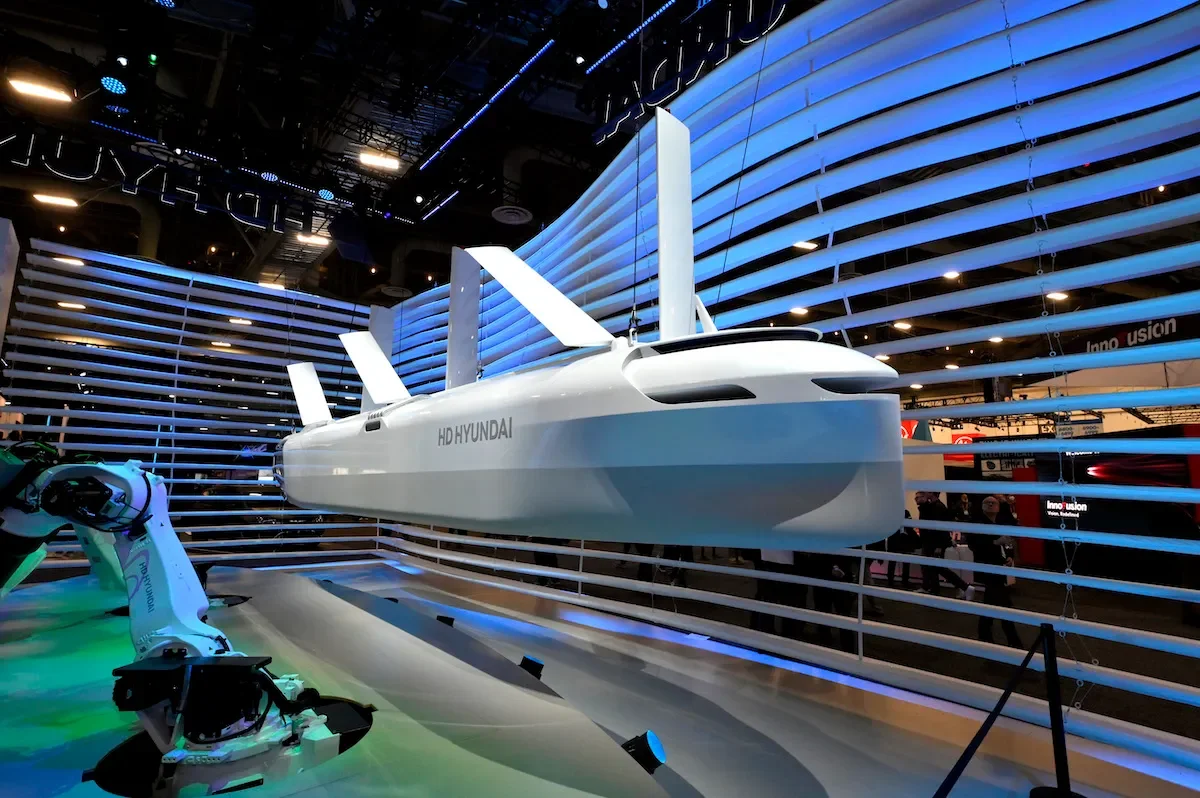WHO IS ELIGIBLE TO APPLY?
This program is fully funded by the National Science Foundation and is open only to U.S. citizens, nationals, or permanent residents. Eligible applicants include both undergraduate students (from sophomores through rising seniors) and graduate students with minimum GPA of 3.2. For the summer 2026 cohort, eight students will be selected, with the distribution between undergraduate and graduate participants subject to change.
When and where does the program run?
The 2026 NSF IRES-HSTC Scholars program runs for 10 weeks at the Hydrogen Ship Technology Center at Pusan National University in Busan, Republic of Korea, from early June through mid August 2026. One week is reserved for vacation within the 10 week period and should be coordinated in advance with the research mentor. Start and end dates may shift slightly to align with U.S. university calendars. Eight students will be selected for the 2026 cohort.
How do I apply?
Applications are submitted through the online form. Required materials include an unofficial academic transcript, two letters of recommendation, CV, and a one page statement describing your background, research interests, skills you will bring to the cohort, and your longer term goals. You may also discuss a challenge you have faced and how you addressed it. Applications are due by February 28, 2026.
What is covered?
Each participant receives a stipend of $6,000 USD for the summer. Round‑trip airfare to Busan and local housing are covered separately from the stipend and are arranged through the University of Connecticut in coordination with HSTC.
How are letters of recommendation submitted?
In the application form you will enter the names and email addresses of two references. The system will send your referees a secure upload link with instructions. YOU ARE RESPONSIBLE for ensuring that both letters are received by the deadline. We recommend notifying referees at least one week before you submit.
Do I need a visa?
Most U.S. citizens may visit the Republic of Korea without a visa for stays up to 90 days for tourism or short visits (MOFA Korea). As of early 2025, Korea has temporarily exempted U.S. citizens from the K‑ETA requirement through December 31, 2025 (k-eta.go.kr). For travel in summer 2026 you should check current entry rules; you may need to apply for K‑ETA before departure if the exemption is not extended. See the official K‑ETA site for the latest requirements and application details.

